Section 1
The New Era
By Boundless
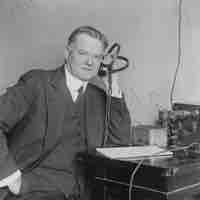
The 1920s marked a new era of postwar economic growth in the U.S., fueled by electricity and oil but marred by controversies.
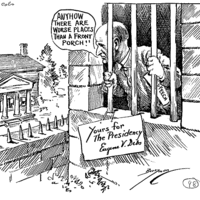
In the 1920 presidential election, Republican Senator Warren G. Harding soundly defeated Democratic Governor James M. Cox.
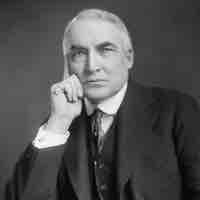
Harding took office in the middle of a postwar depression and enacted policies to encourage the nation's return to prosperity and progress.
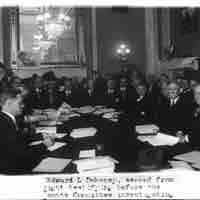
Known as the "Ohio Gang," President Harding and his political associates caused financial and political scandals in the 1920s.
Agriculture underwent a revolution in the 1920s as heavy equipment enabled rapid expansion but also hurt small farmers and caused a migration to urban areas.
A postwar decade of decline weakened unions and decreased membership due to a strong economy and anti-union practices by corporations and the government.
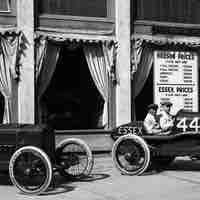
The great industrial output of the 1920s saw the automobile, petroleum, chemical, radio, and film industries skyrocket.
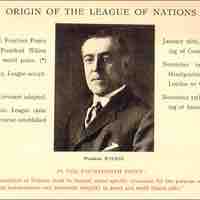
During the New Era, flourishing businesses moved abroad and the U.S. signed a treaty to promote peace and aid the economy.
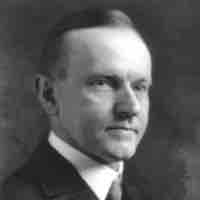
Republican Calvin Coolidge benefited from a split within the Democratic Party in winning the 1924 presidential election.